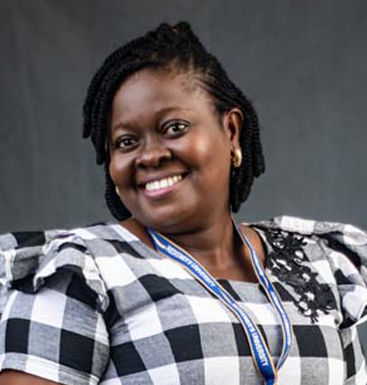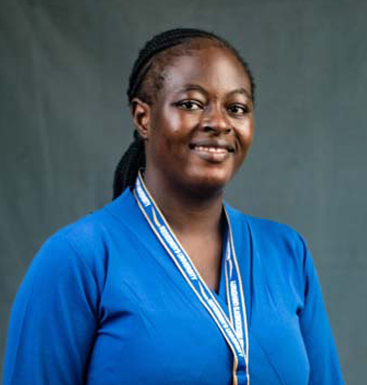Career Prospects
Our Mathematics and Statistics programme is designed to help our students develop appreciable skills that will be valuable in influencing industrial growth and development.
Our curriculum is a good mixture of the application of mathematics to industrial and commercial problems.
It studies various aspects of pure and applied mathematics with emphasis on operations research, information technology, numerical analysis, computer science and mechanics.
At Redeemer’s University, we take the holistic formation of our students passionately, that is why this study includes a 6-month Industrial Training designed to give the students first-hand working experience and an opportunity to apply theoretical ideas, technical knowledge and skills to real-life situations and work with professionals in the field.
A career in Mathematics and Statistics has the following prospects:
- Actuarial services – the application of mathematics, particularly probability and statistics, to the insurance industry.
- Research Analyst – they research compensation trends and problems internally and externally; perform statistical analysis and predictive modelling on current and proposed compensation scenarios, measure performance of field sales (insurance reps) against established goals; model and track incentive and bonus programmes, determine economic impact of various scenarios on the company and the individual.
- Applied Mathematics – often this means working on problems in physics, chemistry, geology and engineering from a mathematical perspective. There are seemingly endless possibilities, ranging from being a climate analyst who models long-term changes in global weather to working as a forensic analyst who investigates data collected at crime scenes to being a population ecologist who works to prevent populations from being endangered.
- Biomathematics – the application of mathematics in health sciences. It’s an up-and-coming field and some say it’s the next big trend within mathematics.
- Computer graphics and animation. This involves things like using differential equation to make sure animated clothing doesn’t intersect itself.
- Cryptography involved in network security for e-commerce and e-business.
- Financial Mathematics (or Mathematical Finance) also known as Quantitative Finance. Mathematics for mortgage banking, financial derivatives, and stock market analysis.
- Operations Research – the application of mathematics to problems of optimisation, especially large-scale or complex problems and especially in the field of business. This discipline is sometimes called Management Science or Industrial Engineering.
- Public Policy – a mathematics degree can lead to advisory positions in educational and/or science policy as well as work in quantitative public policy.
Staff Directory

Reader
Dr Adesanya Samuel Olumide

Reader
Dr Onanaye Adeniyi Samson
Computational Mathematics, Operations Research
Research Area
Contact Information
- onanayea@run.edu.ng
- 08053359546
- Research Gate
- Google Scholar

Assistant Lecturer
Miss Gboyega Ayobami F
Research Area
Sample Surveys, Demography and Statistics Education
Contact Information
- gboyegaa@run.edu.ng
- 08028961466
- Research Gate
- Google Scholar

Lecturer I
Mr Egere Amanze C
Research Area
Functional Analysis
Contact Information
- egerea@run.edu.ng
- 08038328507
- Research Gate
- Google Scholar

Assistant Lecturer
Mrs Banjo Peace Oluwalonimi
Research Area
Fluid Dynamics, Mathematical Modelling
Contact Information
- banjop@run.edu.ng
- 07032032996
- Research Gate
- Google Scholar
